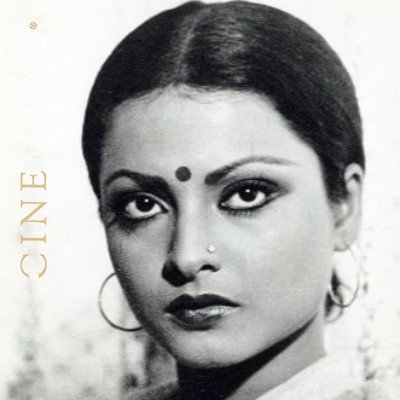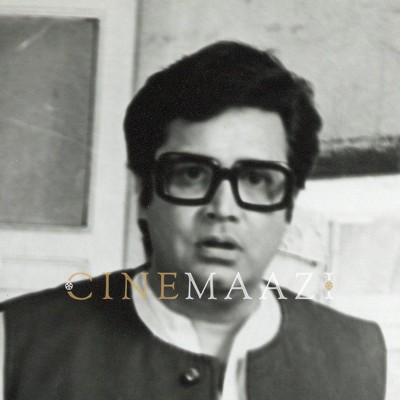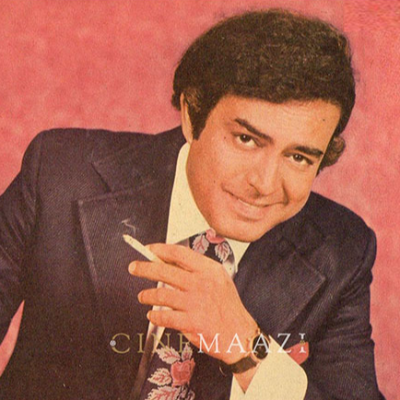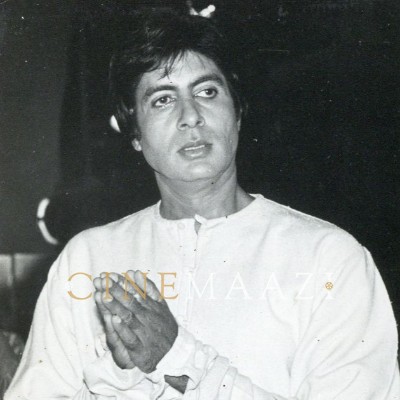Harivansh Rai Bachchan

Subscribe to read full article
This section is for paid subscribers only. Our subscription is only $37/- for one full year.
You get unlimited access to all paid section and features on the website with this subscription.
Not ready for a full subscription?
You can access this article for $2 , and have it saved to your account for one year.
- Real Name: Harivanshrai Srivastava
- Born: 27 November, 1907 (Babupatti village, United Provinces of Agra and Oudh)
- Died: 18 January, 2003 (Bombay)
- Primary Cinema: Hindi
- Spouse: Shyama Bachchan, Teji Bachchan
- Children: Amitabh Bachchan , Ajitabh Bachchan
- Grand Children: Abhishek Bachchan , Shweta Bachchan
‘Mitti ka tan, masti ka man, kshan-bhar jivan-mera parichay’… Harivanshrai Bachchan would introduce himself thus - 'A body of clay, a mindful of play, a second of life -- that's me'. Noted Hindi poet and knowledgeable thinker, he was a prominent proponent of the early 20th century Nayi Kavita literary movement of Neo Romanticism. Known for accurate Hindi translations of the Srimad Bhagwat Gita, and Shakespeare, his poem Madhushala written in 1935 made him widely famous. Honoured with the Padma Bhushan for his contribution to Hindi literature, his couplets have been used in films such as Agneepath (1990) and Maine Gandhi Ko Nahin Mara (2005), as well as the famous Holi song Rang barse in Silsila (1981), and Koi gata main so jata from the film Alaap (1977). He is the second Indian to get his doctorate in English Literature from Cambridge University.
He was born Harivanshrai Srivastava on November 27, 1907, in Babupatti village of United Provinces of Agra and Oudh. After his schooling, he studied at the Banaras Hindu University (BHU), and Allahabad University. He was influenced by the Indian Independence struggle and participated in the Gandhi-led movement. He went on to teach in the English department at the Allahabad university from 1941 to 1957, moving on to spend two years at St Catharine's College, Cambridge University where he completed his PhD on W.B. Yeats. Writing Hindi poetry, he adopted the pseudonym Bachchan, meaning child, and was a known figure at poetry conventions. He also worked at All India Radio, Allahabad.
Bachchan was fluent in Hindi languages such as Hindustani, and Awadhi, developing a broadly Hindustani vocabulary written in Devanagari script. Though he could not read the Persian script, he was influenced by Persian and Urdu poetry. He had published around 30 collections of his poetry, including Halaahal (1946), Milan Yamini (1950), Tribhangima (1961), Do Chattane (1965), Jaal Sameta (1973). However, he remains best known for his trilogy—Madhushala (1935), Madhubala (1936), and Madhukalash (1937). Madhushala (bar) was inspired by Omar Khayyam’s Rubaiyat, which Bachchan had earlier translated into Hindi. He used drinking as a poetic metaphor for freedom. Only 28 when he wrote the poem in 1935, he attempted to explain the complexity of life using the elements of madhu, madira or haala (wine), saaki (server), pyaala (cup or glass) and madhushala or madiralaya (bar). Madhushala has been translated into English and regional languages such as Bengali, Marathi and Malayalam. It has also been choreographed, and performed on stage, also being one of the first pieces of Hindi poetry that was set to music. The publication of Madhushala brought Harivanshrai Bachchan instant fame. Reciting his poems, he became a rage at poetry symposiums.
Harivanshrai Bachchan was involved with the evolution of Hindi as an official language during a period of 10 years, as a Special Officer at External Affairs Ministry. In 1976, he was honoured with the Padma Bhushan award by the Indian government, for his contribution to Hindi literature.
On the personal front, he married at the age of 19. After his first wife Shyama Bachchan died in 1936, he married social activist Teji Bachchan. The couple had two sons – film icon Amitabh Bachchan and Ajitabh Bachchan.
Harivanshrai Bachchan passed away on 18 January, 2003.












.jpg)



